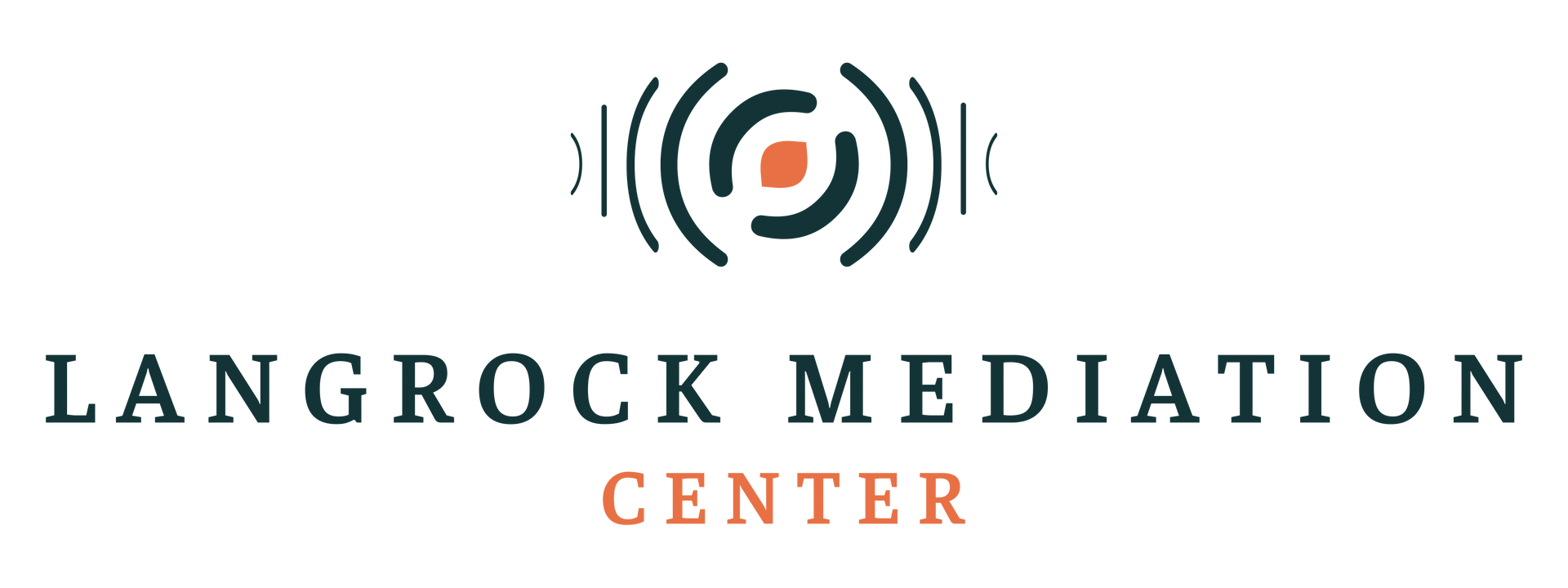Is Mediation Right for Your Case?
A Checklist for Choosing Mediation Over Litigation
When legal disputes arise—whether in family, business, property, or employment matters—many people assume court is the only way forward. But litigation can be costly, time-consuming, and emotionally draining. Mediation offers an alternative path: one that prioritizes collaboration over conflict and resolution over retaliation. So how do you know if mediation is the right fit for your situation?
Understanding Mediation
Mediation is a voluntary, confidential process in which a neutral third party—the mediator—helps disputing parties reach a mutually agreeable solution. Unlike a judge or arbitrator, the mediator doesn’t impose decisions. Instead, they facilitate dialogue, clarify issues, and support creative problem-solving. Because mediation focuses on cooperation rather than confrontation, it often leads to faster, less expensive, and more amicable resolutions.
The Benefits of Mediation
Before diving into the checklist, consider the core benefits that set mediation apart from traditional litigation:
- Confidentiality – Mediation sessions are private, unlike court proceedings, which are typically public.
- Control – You and the other party retain control over the outcome, rather than leaving it to a judge.
- Speed – Mediation can often be scheduled and resolved far more quickly than a court case.
- Cost Savings – With fewer procedural requirements, mediation is often more affordable than litigation.
- Preserved Relationships – Especially important in family, workplace, or community disputes, mediation can help preserve or even improve relationships by fostering respectful communication.
- Flexibility – Mediation allows for customized solutions that a court may not be able to provide.
Is Mediation Right for Your Case? A Checklist
Use the checklist below to assess whether mediation might be a good option for your legal dispute.
You want to resolve the matter quickly.
Litigation can take months—or even years—to resolve. Mediation can often be scheduled and completed within weeks.
You’d like to save money on legal fees.
Court battles are expensive. Mediation typically costs a fraction of what a full trial would.
You’re open to compromise.
Mediation works best when both parties are willing to explore common ground rather than focus solely on "winning."
You want to maintain or improve the relationship with the other party.
Whether it’s a co-parent, business partner, neighbor, or landlord, mediation offers a path to resolution without burning bridges.
You value privacy.
If you’d prefer to keep personal, business, or financial matters out of the public record, mediation provides a confidential setting.
You’re seeking a customized solution.
Courts are limited in the remedies they can offer. Mediation allows for creative, tailored outcomes that meet the specific needs of both parties.
You want more control over the process.
Mediation allows you to shape both the process and the outcome, unlike litigation, which is governed by strict rules and timelines.
You’re dealing with a dispute that involves emotions as well as facts.
Mediation acknowledges the human elements—feelings, communication breakdowns, history—that often underlie legal conflicts, and works to address them constructively.
When Litigation May Be the Better Option
Mediation isn’t right for every case. If one party refuses to participate in good faith, or if there’s a significant power imbalance (such as in cases involving domestic abuse), litigation may be more appropriate. Likewise, if you need a legal precedent or injunctive relief, the courtroom may be the better venue.
A consultation with an experienced mediator can help you determine whether your case is suitable for mediation—or whether other options should be considered.
Ready to Explore Mediation?
At Langrock Mediation, we help Vermonters navigate challenging disputes with clarity, compassion, and professionalism. Whether you’re considering mediation for a divorce, a business disagreement, or a property issue, our team is here to help you assess your options and move forward with confidence. Contact us today to schedule a consultation and find out if mediation is the right path for your case.



